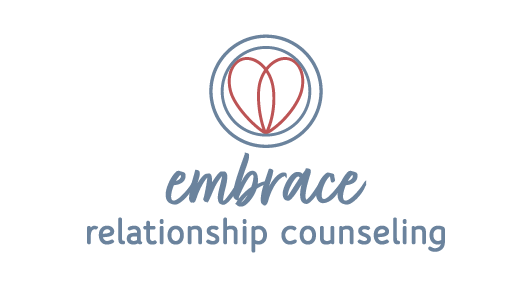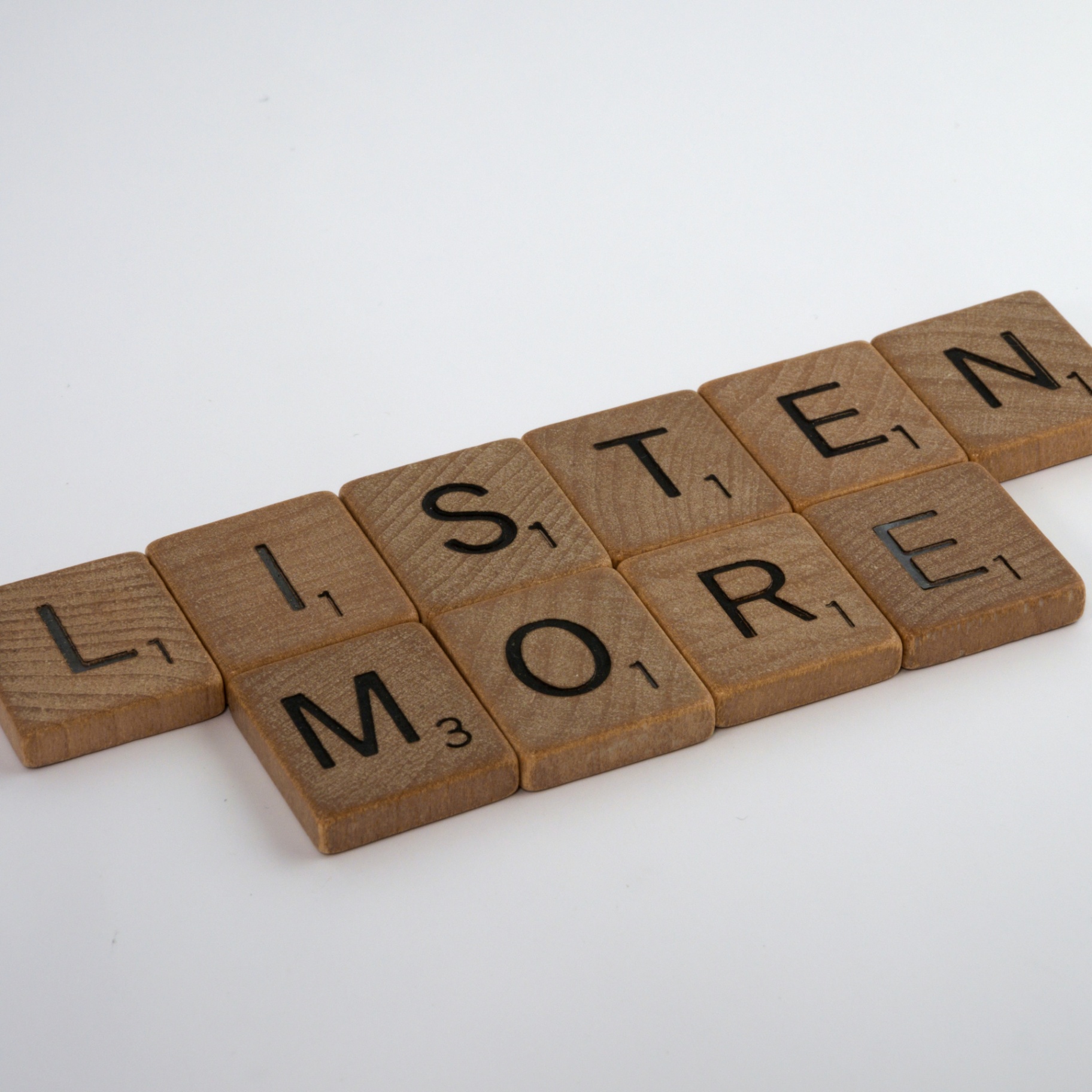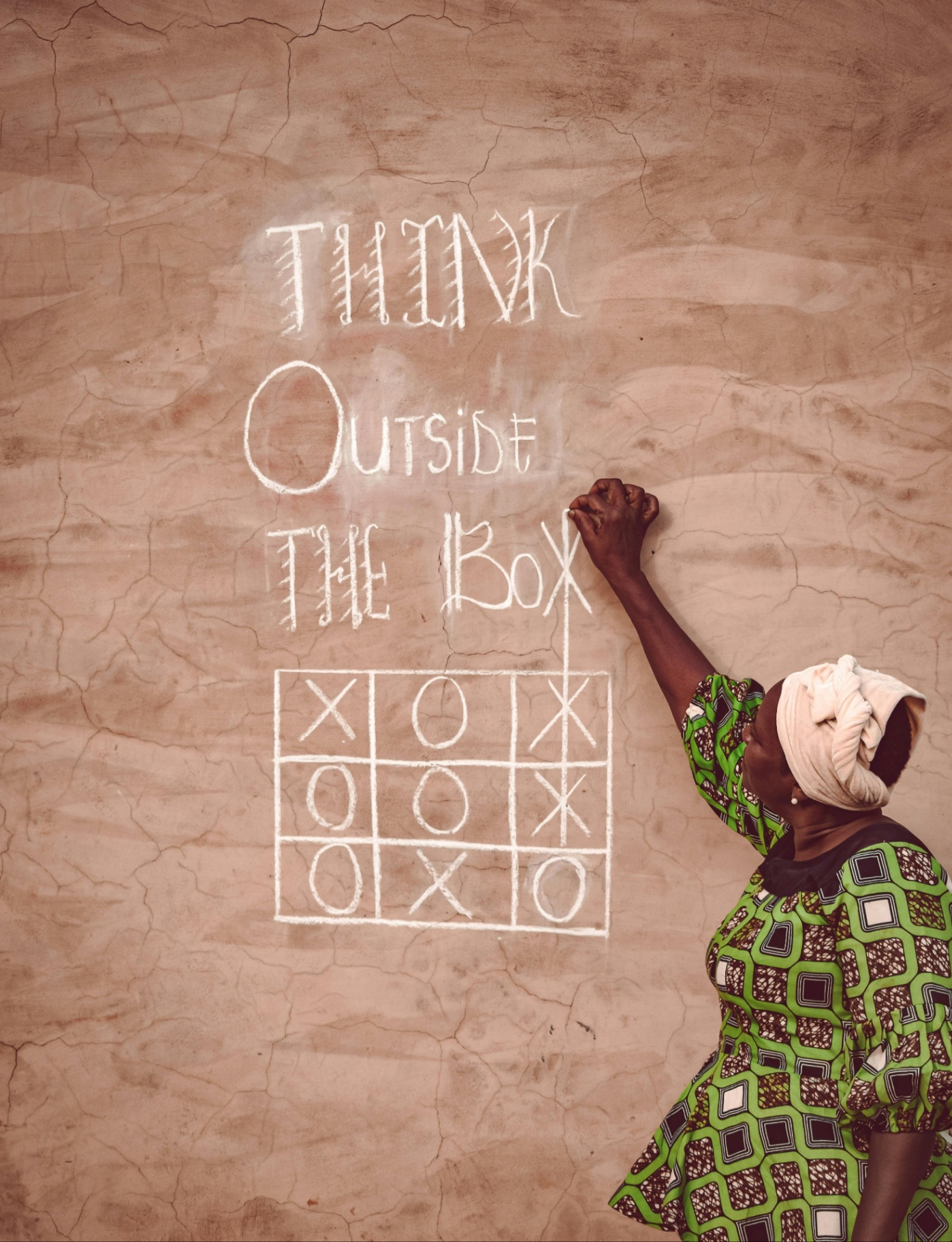The first dog in my adult life was a Yorkie. Sweet yet with that typical terrier stubbornness, she spent the first few months of her life in silence. She simply never barked. Being a helicopter dog mom, I took her to the vet worried that something was seriously wrong. How could a puppy not bark? I remember the vet laughing at me, telling the puppy simply had not yet learned how, and then asking me why I wanted to encourage her to start. After all, she explained, once she starts barking, she’ll never stop. Wow, was she right! Once she started every squirrel in the neighborhood knew when she was outside.
As I grew up, my mother used to tell me that I talked so much I could talk the paint off a barn. I chuckle at the notion of my mother being excited when I uttered my first words as a toddler and quite likely equally unexcited 15 years later when I had thoughts about everything and happily and continuously shared them all.
Talking is connecting. It’s how we share what’s happening in our world. Babies talk by crying when asking to be fed, dogs talk by barking at the scary delivery trucks to go away, people talk to offer a peek behind the emotional walls built to create a false sense of safety. Babies crying and dogs barking tell us they feel unsafe-hunger and loud beeping trucks signal to their brains to do what is needed to feel safe and secure and to do it NOW. Crying is quickly soothed with food, barking is quickly soothed when the beeping delivery truck leaves. Their brains quiet down because their world feels safe again. Their emotions and their bodies relax, allowing others into their space and physical and emotional connection to occur.
Yet somewhere along the way in growing up we learn the message that openly sharing feeling scared, as does a crying baby or barking dog, is not ok. We are supposed to be in control of our emotions as adults. We are supposed to know all we need to know to make perfect decisions and live perfect lives and basically have our stuff together at all times and in all ways.
It’s exhausting.
It’s too much to hold in. The pent-up worry, stress, anger, fear all seek a way to come out from the internal shadows and be acknowledged, accepted, comforted. Our emotional brain feels unsafe without genuine emotional acceptance. We become disconnected from our feelings resulting in emotional isolation.
And when we deny distressing emotions that clear path out from the shadows, they find their own way.
Their path is through our words. It’s what we say when we’re saying something else.
One of my jobs as a therapist is that of being an interpreter. I listen to emotions and translate them into words. I listen to words and I translate them into emotions. Within all of this back and forth are the messages we are sending into the world as we search for people who will hear what is truly meant in the words we choose. Those words hold our hope that someone will hear and discern that a person with hurting feelings is standing before them. And that the wall that was built to protect those feelings needs connection to help tear it down, thus allowing sunshine to chase away the shadows and offer warmth in reconnecting with ourselves and others.
With my mother, when I would talk the paint off the barn, she was hearing the surface level words and thoughts of the day. What I was really saying was that I needed connection with her, affirmation of acceptance, praise for my attempts to be someone she could be proud of. I was asking to be seen and heard and valued. I needed her sunshine to warm those feelings.
Life might be easier if someone could invent a dictionary that lists the actual meaning of a word followed by the emotional meaning flowing underneath. We could simply look up a word and get the interpretation and avoid the struggle of having to figure it out for ourselves. Easy peasy, lemon squeezy, right? Relationships would be so much easier without needing to muddle through all those emotions! But it doesn’t work that way. It’s more like this. For example, a person tells me she’s stupid for making the same bad relationship choice again. I hear shame, self-judgment, helplessness. I also hear the idea of having hit a plateau in her relationship skills and not being able to see any new ways to approach the problem. She says the surface level words, I hear the emotion being spoken through those words. Make sense?
Other common examples I hear and common feelings behind the words- maybe one of these feels familiar to you?
*I can’t= I feel incapable of doing that; I fear being judged negatively by others or by myself if I fail; I don’t feel confident in my ability to handle the distress it may cause.
*I won’t= I feel backed into a corner by the problem; my emotions are running high because there is a lot at stake and the risk is scary; I’m not ready for the level of vulnerability it will take to solve this.
*I should/I need to/I have to= it’s on my mind; I may have some guilt around not taking action; I’m not terribly motivated to move on this at the moment. Might need to set some boundaries with other people or myself and that doesn’t feel comfy.
*I’m stuck/We’re stuck= I’ve been doubling down on all the ways I’ve solved this problem before and they’re no longer working. I’m out of ideas and feel frustrated, sad, scared. Help me get off this merry-go-round and find a new path forward.
So, until someone writes that new dictionary, we need to learn to listen with our ears as well as our hearts. Our ears should hear the words. Our hearts should hear the meaning underneath. Tapping into compassion that other people have feelings, validation that their thoughts about those feelings are important to them, and empathy for the tender emotions being exposed is a great place to begin. Let the sunshine in and…
Embrace your best self! Anne





